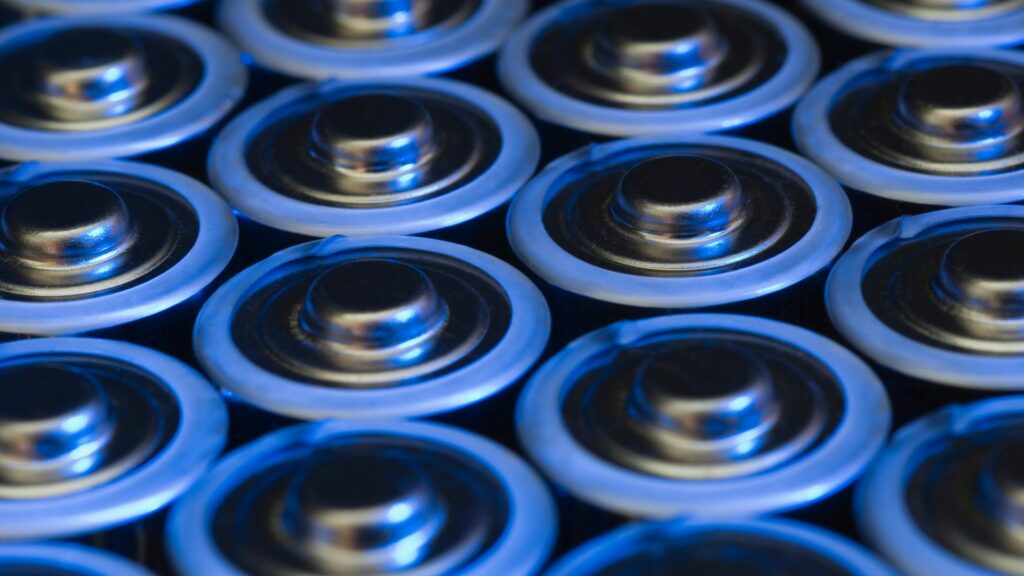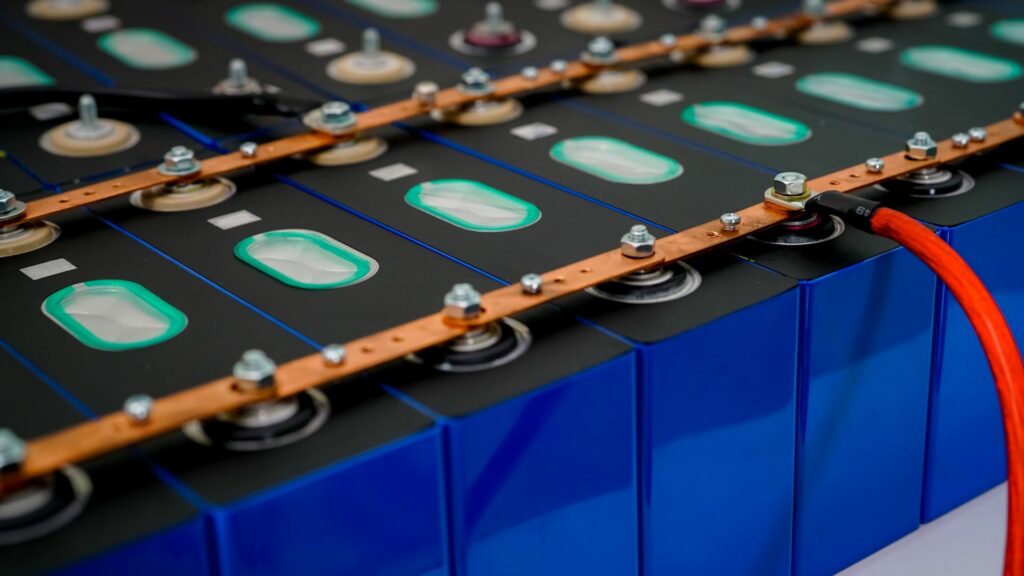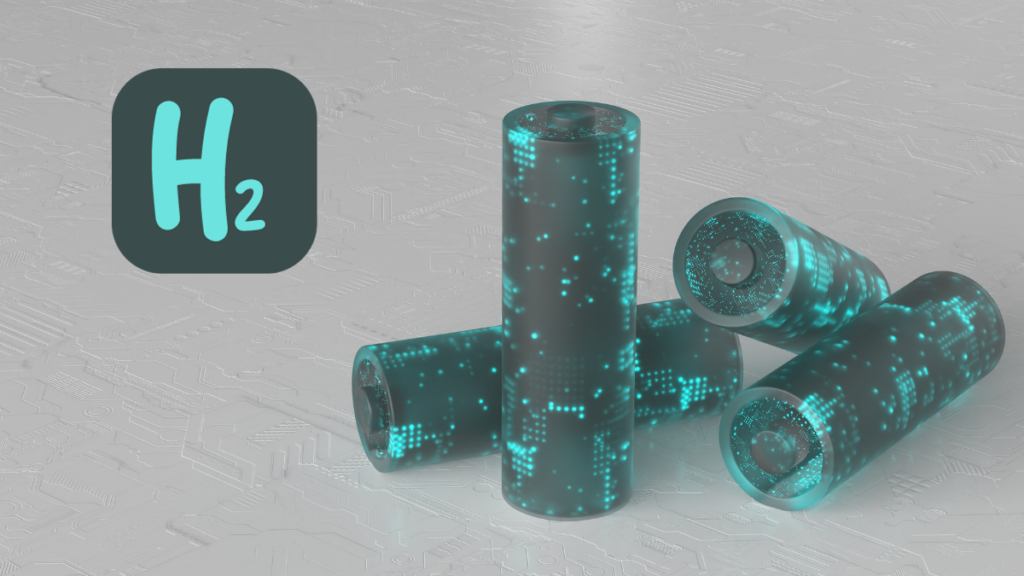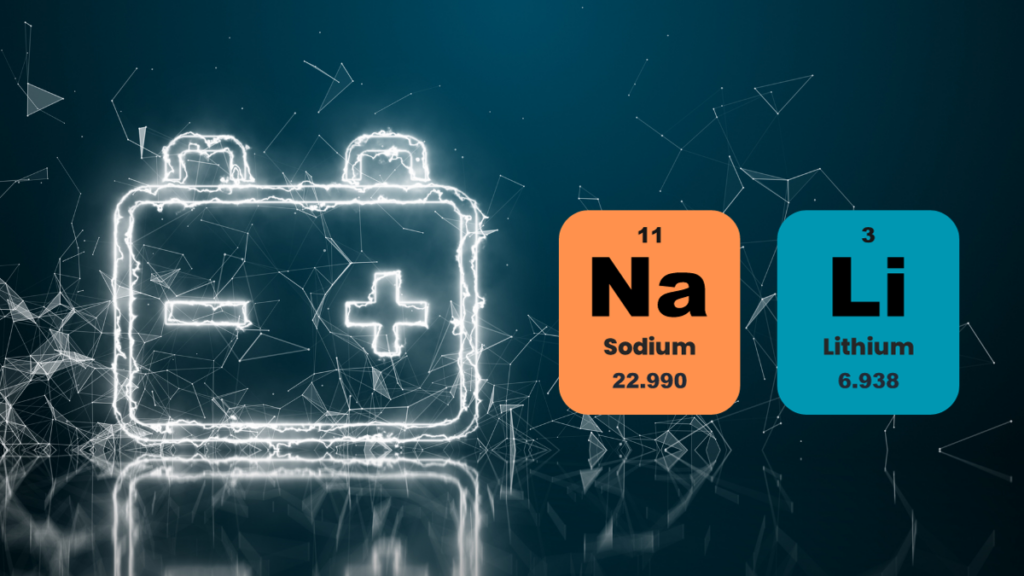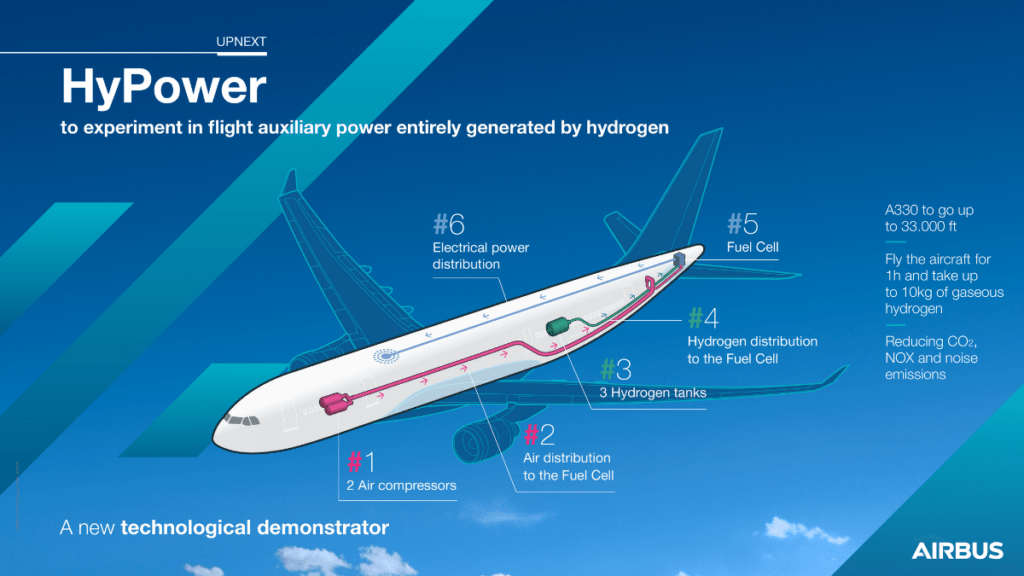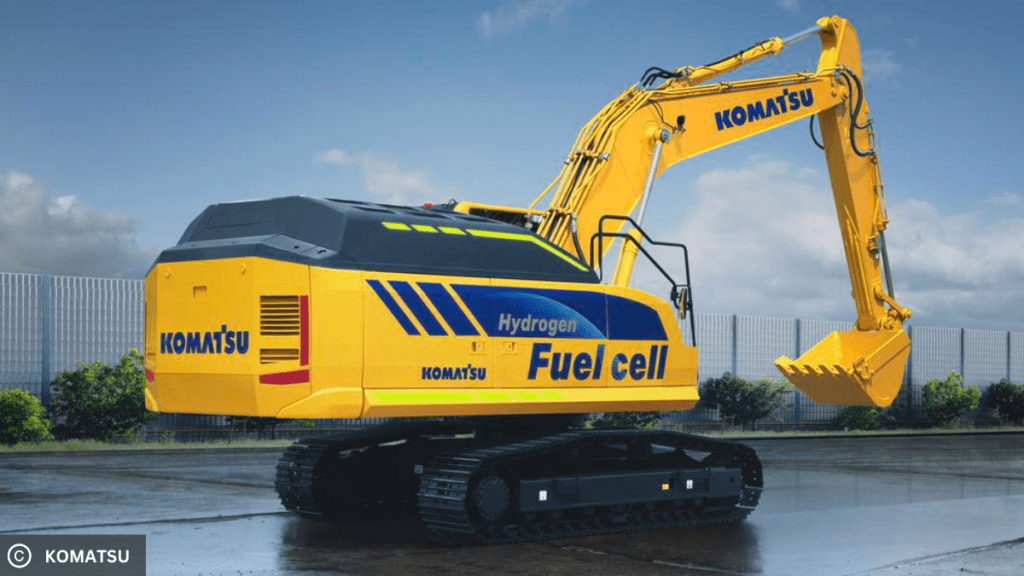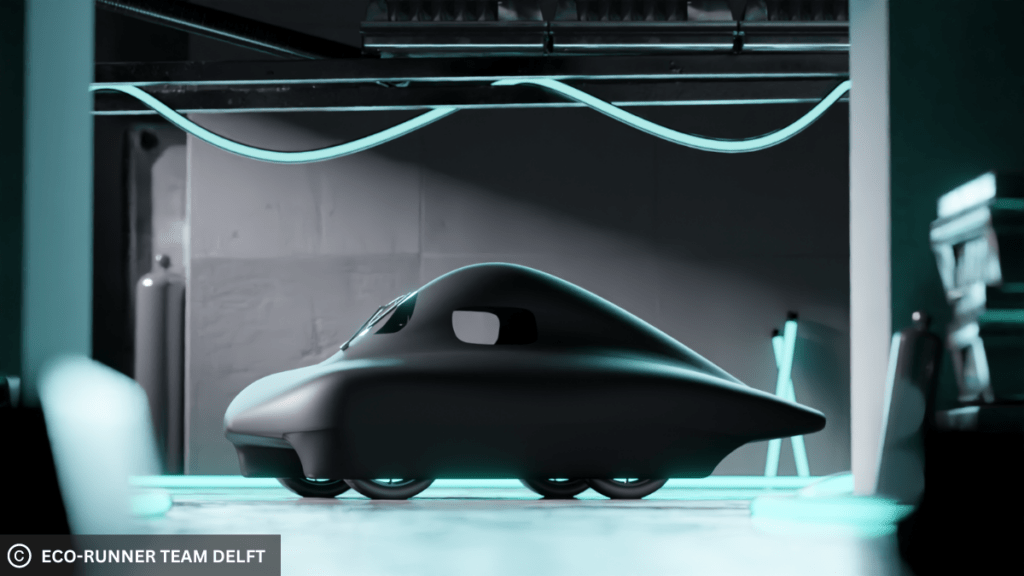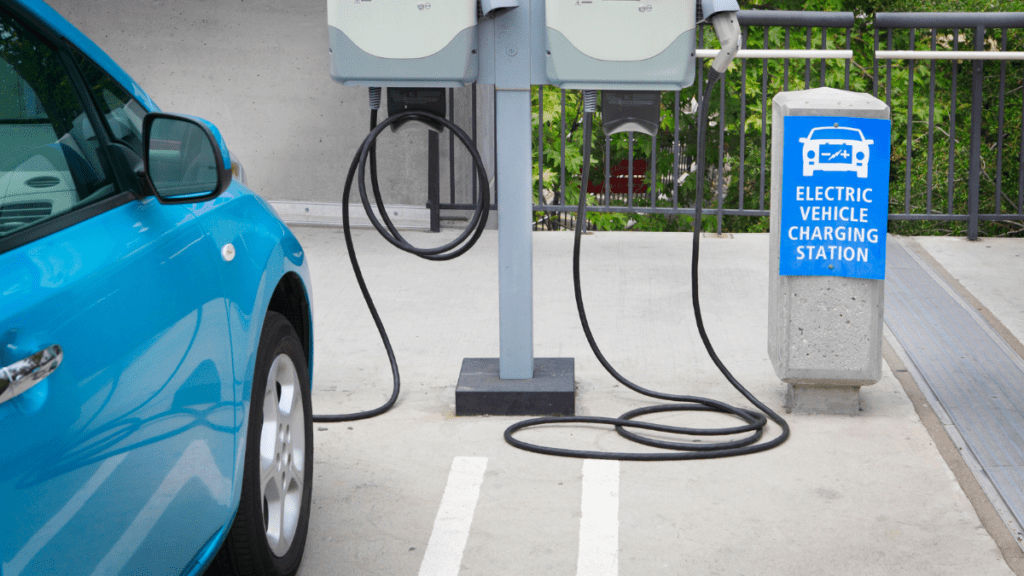Best Lithium Batteries for Forklifts: A Comparative Survey
Discover the latest advancements in lithium battery technology for forklifts with our comparative survey. We delve into the key differences between Lithium Iron Phosphate (LFP) and Lithium Nickel Manganese Cobalt Oxide (NMC) chemistries, discussing their impact on cycle life, energy density, and safety. Learn how battery management systems enhance performance and what the future holds for sustainable and efficient power solutions in material handling equipment. Make informed decisions with our insightful analysis tailored for facility managers.





